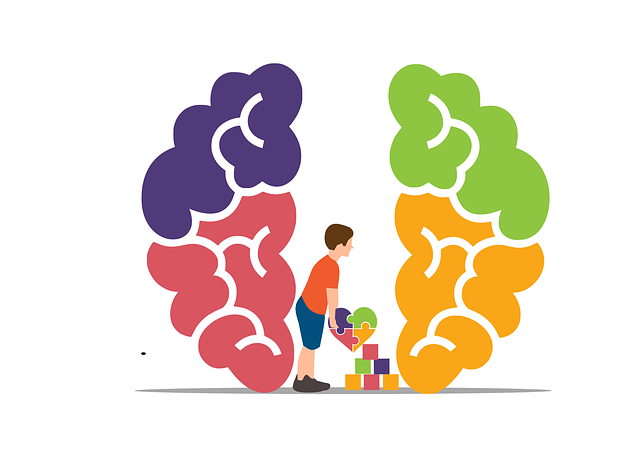In a fast-paced world, chronic stress impacts physical and mental health. Organizations like Littleton Spiritual-Religious Issues Therapy offer Stress Management Workshops using Mind Over Matter principles. Incorporating spiritual elements enhances resilience and provides unique perspectives for dealing with life's challenges. A holistic approach combining mindfulness and progressive muscle relaxation significantly improves students' stress coping abilities.
Stress management is a vital skill for maintaining well-being, especially in today’s fast-paced world. This article delves into the comprehensive guide on stress management techniques, offering insights that can transform lives. We explore the profound impact of stress on our overall health and delve into unique perspectives like spiritual-religious issues in therapy. Additionally, we present practical techniques, providing effective tools for teaching stress management skills, tailored for a healthier Littleton community.
- Understanding Stress and Its Impact on Well-being
- Exploring Spiritual-Religious Issues in Stress Management
- Practical Techniques for Effective Stress Teaching
Understanding Stress and Its Impact on Well-being

Stress is a natural response to demanding situations, but when it becomes chronic, it can significantly impact our overall well-being. The constant pressure and tension can lead to various physical and mental health issues, affecting our daily lives and relationships. Understanding stress is the first step towards managing it effectively.
In today’s fast-paced world, many individuals face persistent stress due to work demands, personal responsibilities, or global challenges. A growing body of research highlights the importance of addressing stress as a key component in promoting holistic well-being. This is where Littleton Spiritual-Religious Issues Therapy and organizations specializing in Stress Management Workshops come into play. These workshops often delve into Mind Over Matter principles, teaching participants practical tools to cultivate positive thinking and resilience, ultimately empowering them to navigate life’s stresses with grace and efficiency.
Exploring Spiritual-Religious Issues in Stress Management

Incorporating spiritual or religious elements into stress management practices can be a powerful tool for individuals seeking holistic well-being. Many people find solace and coping mechanisms through their faith, offering unique perspectives on dealing with life’s challenges. This aspect of therapy, often explored in Littleton Spiritual-Religious Issues Therapy, provides an avenue for individuals to connect with a higher power or their inner self, fostering a sense of purpose and resilience. By integrating spiritual practices into stress management, one can enhance their ability to navigate difficult situations, build empathy within oneself, and develop effective coping strategies that resonate on a deeper level.
Public Awareness Campaigns Development and Empathy Building Strategies often benefit from this perspective as they encourage individuals to explore their inner resources and beliefs. Self-Awareness Exercises can be tailored to include spiritual reflections, enabling people to better understand their emotional responses and find spiritual connections that support their mental health journey. This inclusive approach ensures that various dimensions of human experience are acknowledged, catering to the diverse needs of individuals seeking stress management techniques.
Practical Techniques for Effective Stress Teaching

In teaching effective stress management techniques, a holistic approach that combines various practical strategies can significantly enhance students’ ability to cope with stress and anxiety. One such method is incorporating mindfulness practices, which have roots in both Littleton spiritual-religious issues therapy and modern psychological research. Simple breathing exercises, guided meditation, and body scans can equip individuals with instant tools to calm their minds and bodies during stressful situations. This not only aids in immediate crisis intervention guidance but also fosters self-esteem improvement by encouraging a sense of control and inner peace.
Additionally, teaching progressive muscle relaxation (PMR) allows students to physically release tension through deliberate tensing and releasing different muscle groups. This technique offers a unique way to achieve anxiety relief and can be particularly beneficial in managing physical symptoms associated with stress. By integrating these practices into their daily routines, individuals gain valuable crisis intervention skills that promote overall well-being, ensuring they are equipped to handle various stressors effectively.
In navigating the complex landscape of stress management, understanding both its psychological and spiritual-religious dimensions is key. This article has explored how stress impacts well-being and introduced practical techniques for effective teaching. For those seeking a holistic approach, particularly in communities like Littleton, integrating spiritual-religious issues into therapy can offer profound benefits. By combining these strategies, individuals can foster resilience and enhance their overall quality of life.














